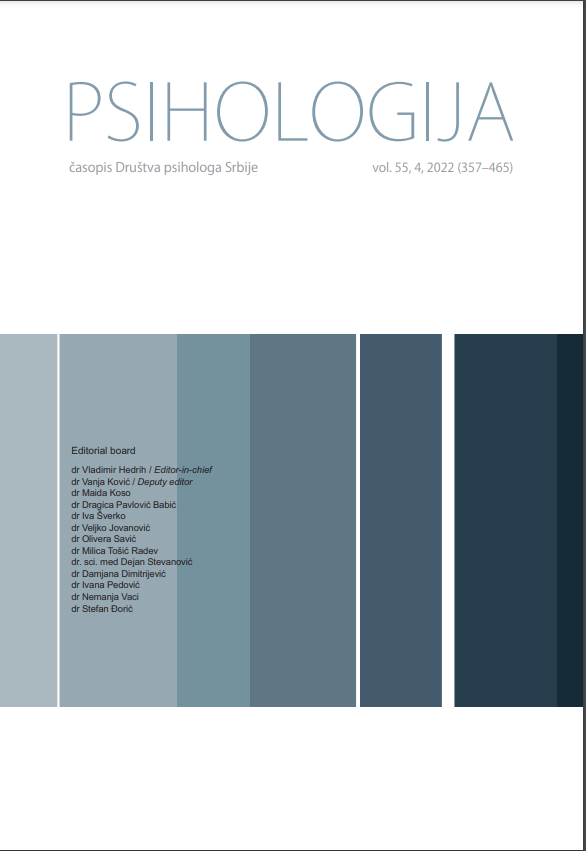Motor learning and working memory in children: The role of cognitive-motor and motor-motor dual-task training
Motor learning and working memory in children: The role of cognitive-motor and motor-motor dual-task training
Author(s): Masoumeh Hoshyari, Esmaeel Saemi, Mohammadreza DoustanSubject(s): Educational Psychology, Cognitive Psychology
Published by: Društvo psihologa Srbije
Keywords: dual task; single task; balance training; working memory; children
Summary/Abstract: The present study aims to examine the effects of two dual-task training methods (motor-motor and cognitive-motor) as well as a single task method on static and dynamic balance and also on the working memory in children. Forty-five children (all male; mean age 8.82 ± 0.83 years) were selected and randomly assigned into three experimental groups. In the pretest, posttest, and retention stages, the participants took static, and dynamic balance tests, as well as an n-back task. In the training stage, the participants practiced selected balance training tasks under dual-task motor-motor and motor-cognitive conditions as well as a single task over a period of four weeks at two sessions per week. The results of the paired samples t-test indicated that children in all groups improved their balance performance and working memory (p ≤ .05). The results of ANCOVA showed that the balance training group under motor-motor dual-task conditions outperformed the other two groups in terms of the dynamic balance scores (p ≤ .05). An improved performance was also observed for the cognitive-motor dual-task conditions compared to the single-task group (p ≤ .01). In terms of static balance and working memory, both dual-task groups, regardless of the types of their tasks, outperformed the single task group (p ≤ .05).
Journal: Psihologija
- Issue Year: 55/2022
- Issue No: 4
- Page Range: 397-413
- Page Count: 17
- Language: English, Serbian

